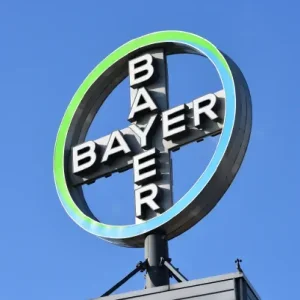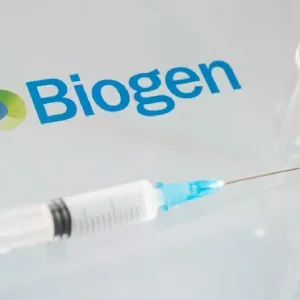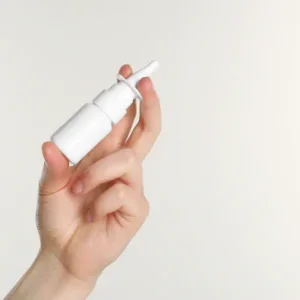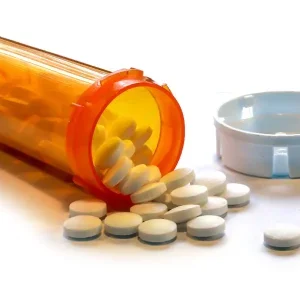Gilead Sciences has won a patent infringement case against Bristol-Myers Squibb relating to CAR-T therapies, as a US appeals court overturned the $1.2bn fine, ruled last year.
In December 2019, Gilead’s Kite Pharma was accused of infringing on a patent owned by Bristol Meyers’ subsidiary Juno Therapeutics, and was ordered to pay $752m in damages.
Last year, a federal judge has increased the fine from $752m to $1.2bn in damages, concluding that Kite had wilfully infringed the intellectual property.
The recent ruling by the US Court of Appeals for the Federal Circuit has reversed the decision, concluding that the infringement was invalid.
The appeal judges, in their judgement, said: “The patent does not disclose structural features common to the members of the genus to support that the inventors possessed the claimed invention.
“We agree with Kite that no reasonable jury could find the 190 patent’s written description sufficiently demonstrates that the inventors possessed the full scope of the claimed invention.”
The lawsuit is centred on a patent that Juno exclusively licensed from the Memorial Sloan Kettering Cancer Centre in New York, dubbed ‘190 patent’.
The patent covers the methods used to modify T cells with chimeric antigen receptors so that they target the CD19 surface antigen.
Kite’s Yescarta (axicabtagene ciloleucel) B-cell lymphoma, and Juno’s Breyanzi (lisocabtagene maraleucel) for the similar indication, inhibit the same cellular target.
In 2017, Juno has lodged a patent infringement case against Kite, claiming that the manufacturing process for Yescarta infringes its ‘190 patent’.
Gilead argued that a description in the patent of a single-chain antibody variable fragment (scFv) that is used to latch onto CD19 on cancer cells was invalid.
The US Court of Appeals for the Federal Circuit ruled that certain parts of the patent were invalid and that the earlier jury verdict was not backed by substantial evidence.
Furthermore, the decision may end the dispute, as BMS could appeal to a higher court, but may provide relief to Gilead, which booked $338m from Yescarta sales in the H1 2021.






